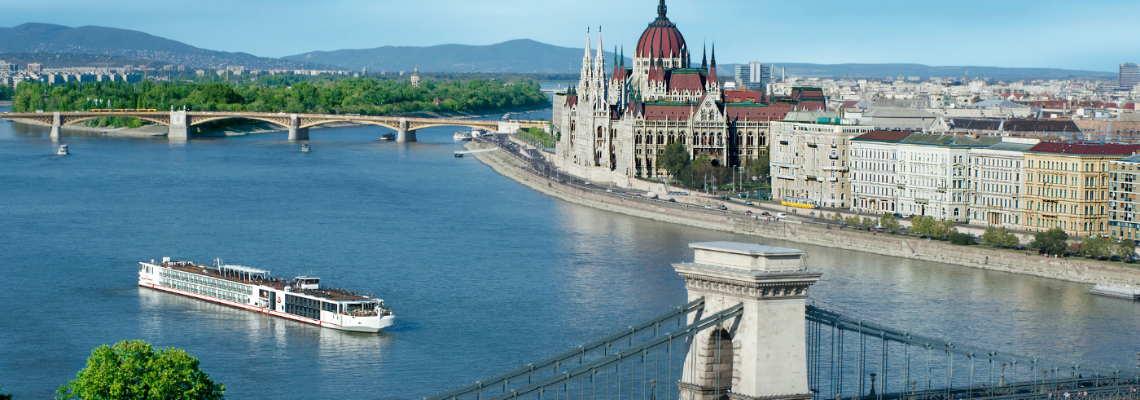




A wedding at sea, also known as a cruise wedding or a maritime wedding, is a ceremony and celebration that takes place on a cruise ship or another type of boat or vessel. It's a unique and picturesque way for couples to exchange vows and celebrate their marriage while surrounded by the open water, often with scenic views of the ocean or other bodies of water.
Here are some key features and considerations for a wedding at sea:
It's important for couples considering a wedding at sea to research and plan well in advance, taking into account all the logistical and legal aspects to ensure a smooth and enjoyable experience for everyone involved.
A wedding at sea, also known as a maritime or cruise wedding, can typically be performed whenever a cruise ship or other seafaring vessel is available for such events. However, there are several factors to consider when planning a wedding at sea:
Ultimately, the availability of a wedding at sea depends on your preferences, the cruise line you choose, and their scheduling options. It's a unique and memorable way to tie the knot, but thorough planning is essential to ensure everything goes smoothly. Consulting with a cruise line's wedding coordinator or a professional wedding planner experienced in maritime weddings can be beneficial in making your dream wedding at sea a reality.
The level of privacy for a cruise ship wedding can vary depending on several factors, including the cruise line, the specific ship, and the package or arrangements you choose for your wedding. Here are some considerations to keep in mind:
The accommodations for a cruise ship wedding can vary depending on the cruise line and the specific ship you choose for your wedding. Generally, cruise ships offer a variety of options for wedding venues and accommodations. Here are some common locations for cruise ship weddings:
It's essential to discuss your preferences and requirements with the cruise line's wedding coordinator or planner, as they can help you choose the best location on the ship for your wedding and tailor the experience to your needs. Keep in mind that specific options and availability may vary from one cruise line to another, so it's a good idea to contact the cruise line directly for the most up-to-date information on their wedding packages and venues.
The length of time that a wedding party has a space reserved for can vary widely depending on the venue, the couple's preferences, and the specific arrangements made with the venue. Typically, a wedding venue rental can range from a few hours to the entire day or weekend. Here are some common options:
It's essential for couples to discuss their specific needs and preferences with the venue coordinator or event planner to determine the reservation duration and any associated costs. The length of reservation can also be influenced by factors such as the time of year, the availability of the venue, and the local customs and traditions surrounding weddings.
The number of guests that can attend a cruise ship wedding party can vary significantly depending on the cruise ship's size, the specific cruise line, and the wedding package you choose. Cruise ships come in various sizes, with some accommodating a few hundred passengers, while larger ships can host several thousand guests.
Typically, cruise ship wedding packages offer different options for the size of the wedding party and guest list. Smaller, intimate weddings may have guest lists of 20-50 people, while larger weddings can accommodate 100 or more guests. Some cruise ships have dedicated wedding venues or chapels on board where ceremonies can take place, and these venues have varying capacities.
As for upgrades and additional amenities available for cruise ship weddings, they can vary depending on the cruise line and package you choose. Here are some common upgrades and extras you might consider:
Keep in mind that the availability of these upgrades and the specific offerings can vary from one cruise line to another. It's essential to work closely with the cruise line's wedding coordinator to plan and customize your wedding according to your preferences and budget. Additionally, the number of guests you can invite may also depend on the ship's availability and other factors, so it's a good idea to contact the cruise line directly to discuss your specific needs and requirements.
Planning a cruise ship wedding can be an exciting and unique experience, but it also involves careful preparation. Here are some steps you should consider before booking a cruise ship wedding:
By carefully planning and staying organized, you can ensure that your cruise ship wedding goes smoothly and becomes a memorable and enjoyable event for you and your guests.
A wedding at sea can be legally binding, but the specific legal requirements and the jurisdiction in which you are considered married depend on various factors, including the location of the wedding, the ship's nationality, and the laws of the country or state under which the ship operates. Here are some general guidelines:
To ensure that your marriage is legally recognized, it's essential to consult with the cruise line or ship's staff and also seek legal advice from an attorney familiar with maritime and international marriage law. They can guide you through the necessary steps to ensure your marriage is legally valid in your desired jurisdiction.
In summary, the legality of a wedding at sea and the specific jurisdiction where you are considered married can be complex and depends on several factors, including the ship's registration, location, and the legal requirements of the relevant countries or states. It's essential to research and plan accordingly to make sure your marriage is legally valid.